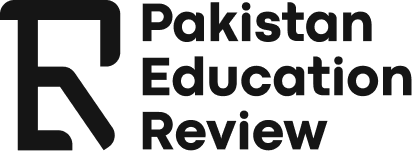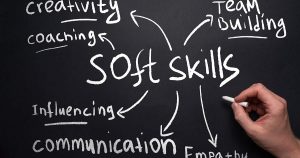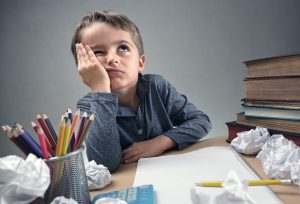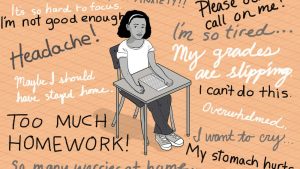In an era dominated by technology, artificial intelligence, and virtual interactions, the importance of soft skills cannot be overstated. Every year on July 15, the World Youth Skills Day serves as a global reminder of the critical need for cultivating and honing essential soft skills. While the youth in Pakistan is increasingly accustomed to digital communication, the relevance of these skills remains undiminished in their professional and personal lives. According to a study by the Pakistan Institute of Development Economics, 75% of employers in Pakistan consider communication and interpersonal skills as crucial factors when hiring fresh graduates. Hence, learning soft skills shapes the attitudes and abilities of young minds, helping them work together and encouraging disciplined living.

Understanding and Acquiring Soft Skills
Soft skills, often referred to as human skills, are the character traits and interpersonal attributes that elevate one’s attitude and aptitude. These skills empower individuals to collaborate effectively, work harmoniously with others, and lead disciplined lives.
According to the World Economic Forum Report 2020, more than half of all employees will require significant reskilling and upskilling to meet the demands of the Fourth Industrial Revolution. This emphasizes the urgency for a comprehensive skill set that includes both technical expertise and soft skills. The report predicts that by 2025, the most important job skills will include analytical thinking, innovation, active learning, critical thinking, and complex problem-solving.
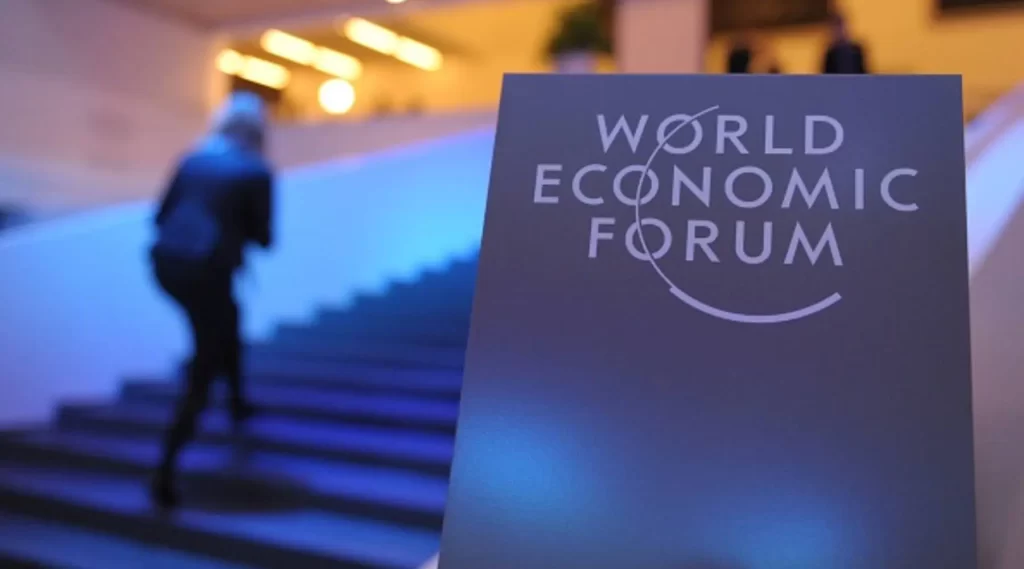
Self-awareness is the foundational step towards personal growth, particularly in the context of developing soft skills. A crucial tool in this process is conducting a SWOT analysis, which involves pinpointing strengths, weaknesses, opportunities, and threats. Actively engaging in self-reflection and seeking guidance from close friends and mentors can guide young people in identifying the soft skills they need to acquire, enhance, and develop.
Soft Skills in the Professional Realm
The youth in Pakistan must comprehend the significance of soft skills. Unfortunately, these skills often get overlooked in educational institutions, where there is a disproportionate emphasis on rote memorization and grades. According to a report by the Higher Education Commission of Pakistan, only 20% of the universities in country have incorporated soft skills development programs into their curriculum. To bridge this gap, educators should focus on integrating soft skills development into the curriculum, preparing students not just for academic success but for life and their careers too.
After acquiring degrees and entering the professional world, fresh graduates encounter a spectrum of tasks that demand cognitive abilities, creativity, physical effort, and strong interpersonal skills. As the job market in Pakistan gets more competitive, the value of soft skills becomes clearer. While technical skills and academic qualifications are crucial, having strong soft skills is a crucial factor for getting a job or moving up in a career. Employers are looking for candidates with solid soft skills because they form the basis for effective teamwork, communication, and problem-solving.
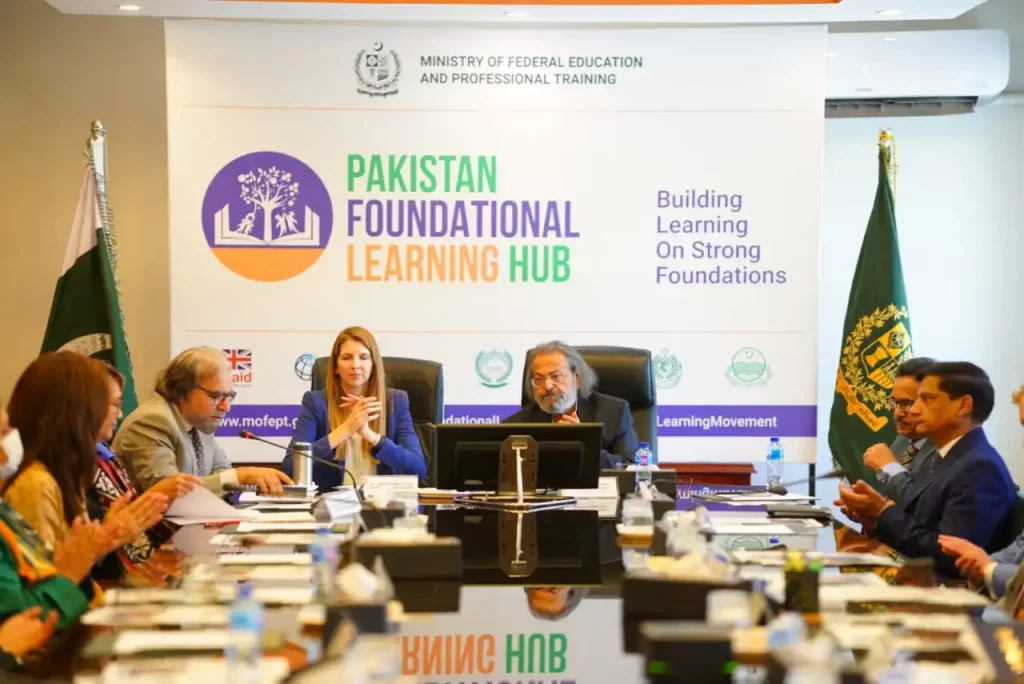
In this scenario, those armed with such skills find it easier to adapt to new situations and collaborate with diverse individuals. What is learned in classrooms serves as a foundation, but it is the application of soft skills that becomes a permanent part of their professional existence.
Innovative Approaches to Soft Skills Development among Youth
The following are some creative recommendations for educational institutions for the development of soft skills among the youth in Pakistan:
1.Interactive Storytelling Workshops:
Introduce engaging storytelling workshops that enhance communication skills and encourage creativity, as well as motional expression. By weaving narratives, young individuals can learn to articulate their thoughts effectively and connect with diverse audiences.
2.Outdoor Team-building Retreats:
Organize outdoor retreats focused on team-building activities. These experiences can instill a sense of camaraderie, promote problem-solving in a dynamic environment, and foster adaptability – all essential elements of effective teamwork.
3.Virtual Reality Simulations for Decision-Making:
Incorporate virtual reality simulations that depicts real-world scenarios requiring quick decision-making. This innovative approach allows youth to hone their problem-solving abilities in a risk-free virtual environment, preparing them for the complexities of the professional world.
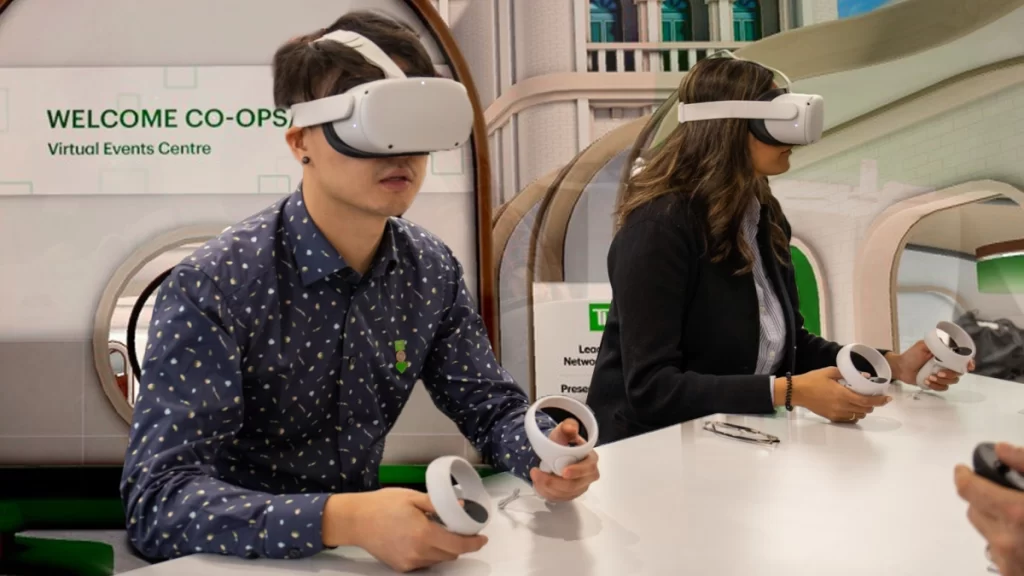
4.Mentorship Programs with Industry Professionals:
Establish mentorship programs connecting young individuals with seasoned professionals in their fields of interest. This direct exposure provides valuable insights, guidance, and real-world perspectives, aiding in the development of leadership and interpersonal skills.
5.Cross-Cultural Exchanges:
Facilitate cross-cultural exchanges, either virtually or through exchange programs. Exposure to different cultures nurtures cultural intelligence, a vital soft skill in our interconnected global society.
6.Mindfulness and Emotional Intelligence Training:
Integrate mindfulness and emotional intelligence training into educational curricula. These practices equip young individuals with the tools to manage stress, cultivate self-awareness, and navigate interpersonal relationships with empathy and resilience.
Disclaimer: Any opinions expressed in this article do not necessarily reflect the opinions of the Pakistan Education Review. This content is meant for informational purposes only.
